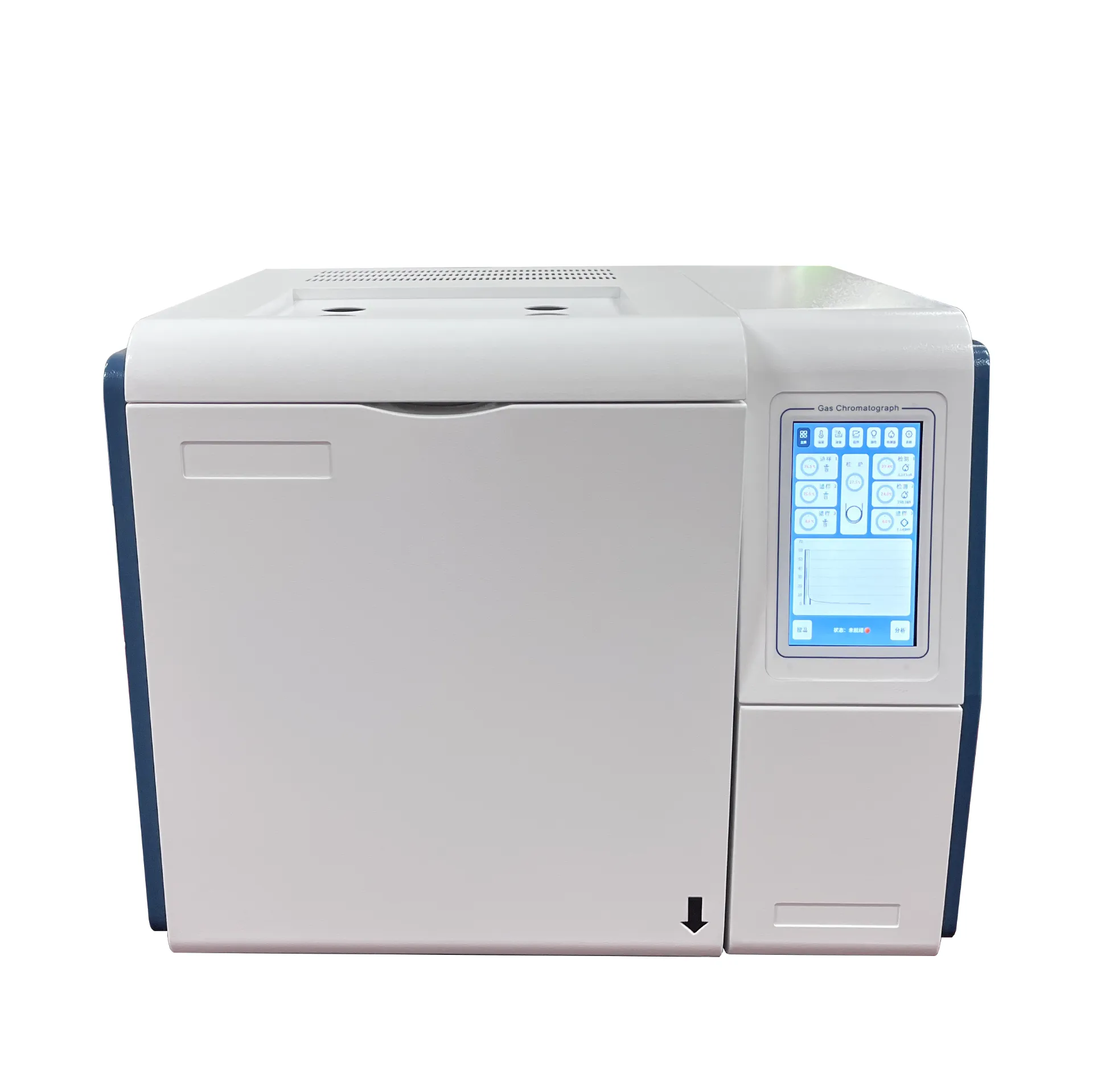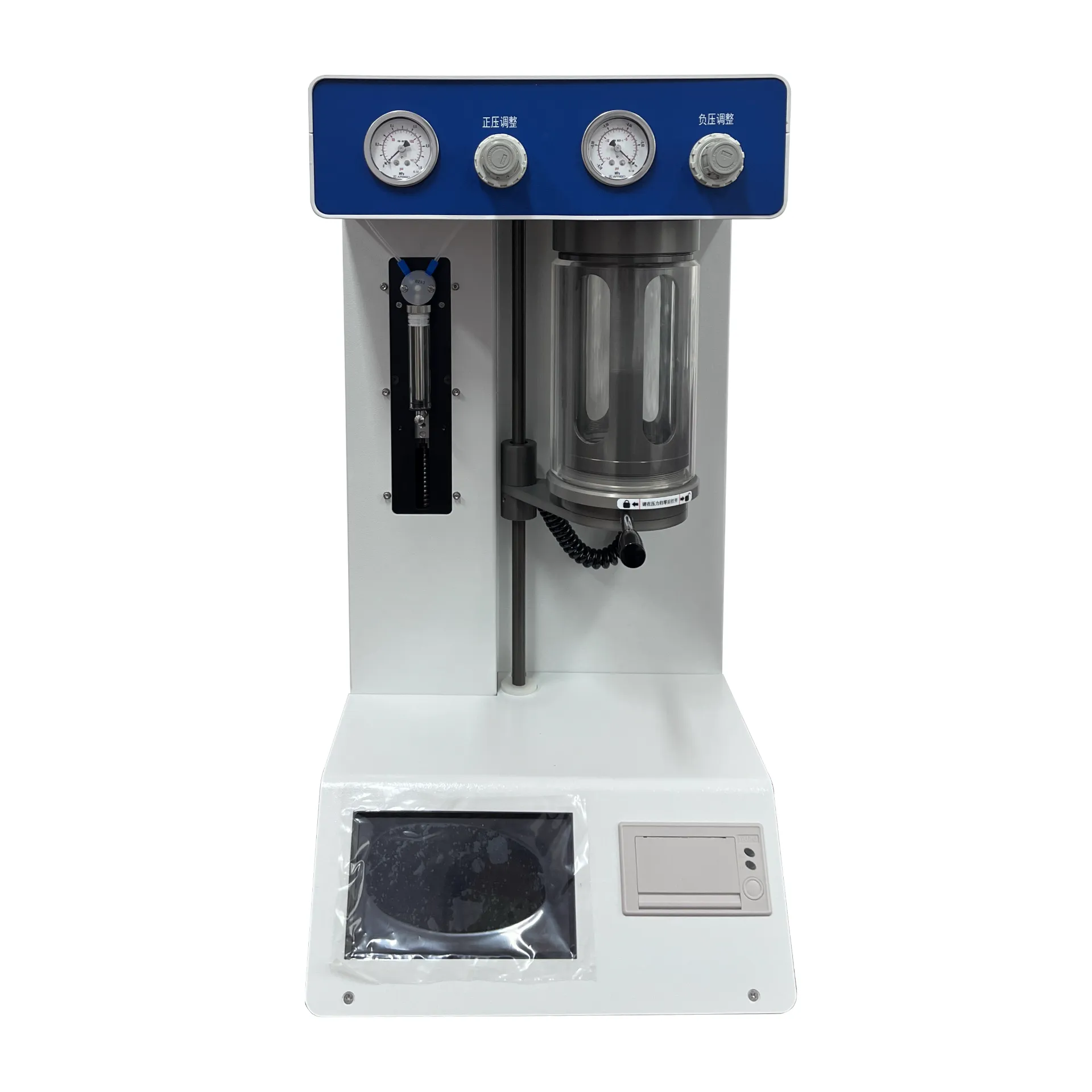TEL:
+86-0312-3189593
 English
English

Telephone:0312-3189593

Email:sales@oil-tester.com

-
 Afrikaans
Afrikaans -
 Albanian
Albanian -
 Amharic
Amharic -
 Arabic
Arabic -
 Armenian
Armenian -
 Azerbaijani
Azerbaijani -
 Basque
Basque -
 Belarusian
Belarusian -
 Bengali
Bengali -
 Bosnian
Bosnian -
 Bulgarian
Bulgarian -
 Catalan
Catalan -
 Cebuano
Cebuano -
 China
China -
 China (Taiwan)
China (Taiwan) -
 Corsican
Corsican -
 Croatian
Croatian -
 Czech
Czech -
 Danish
Danish -
 Dutch
Dutch -
 English
English -
 Esperanto
Esperanto -
 Estonian
Estonian -
 Finnish
Finnish -
 French
French -
 Frisian
Frisian -
 Galician
Galician -
 Georgian
Georgian -
 German
German -
 Greek
Greek -
 Gujarati
Gujarati -
 Haitian Creole
Haitian Creole -
 hausa
hausa -
 hawaiian
hawaiian -
 Hebrew
Hebrew -
 Hindi
Hindi -
 Miao
Miao -
 Hungarian
Hungarian -
 Icelandic
Icelandic -
 igbo
igbo -
 Indonesian
Indonesian -
 irish
irish -
 Italian
Italian -
 Japanese
Japanese -
 Javanese
Javanese -
 Kannada
Kannada -
 kazakh
kazakh -
 Khmer
Khmer -
 Rwandese
Rwandese -
 Korean
Korean -
 Kurdish
Kurdish -
 Kyrgyz
Kyrgyz -
 Lao
Lao -
 Latin
Latin -
 Latvian
Latvian -
 Lithuanian
Lithuanian -
 Luxembourgish
Luxembourgish -
 Macedonian
Macedonian -
 Malgashi
Malgashi -
 Malay
Malay -
 Malayalam
Malayalam -
 Maltese
Maltese -
 Maori
Maori -
 Marathi
Marathi -
 Mongolian
Mongolian -
 Myanmar
Myanmar -
 Nepali
Nepali -
 Norwegian
Norwegian -
 Norwegian
Norwegian -
 Occitan
Occitan -
 Pashto
Pashto -
 Persian
Persian -
 Polish
Polish -
 Portuguese
Portuguese -
 Punjabi
Punjabi -
 Romanian
Romanian -
 Russian
Russian -
 Samoan
Samoan -
 Scottish Gaelic
Scottish Gaelic -
 Serbian
Serbian -
 Sesotho
Sesotho -
 Shona
Shona -
 Sindhi
Sindhi -
 Sinhala
Sinhala -
 Slovak
Slovak -
 Slovenian
Slovenian -
 Somali
Somali -
 Spanish
Spanish -
 Sundanese
Sundanese -
 Swahili
Swahili -
 Swedish
Swedish -
 Tagalog
Tagalog -
 Tajik
Tajik -
 Tamil
Tamil -
 Tatar
Tatar -
 Telugu
Telugu -
 Thai
Thai -
 Turkish
Turkish -
 Turkmen
Turkmen -
 Ukrainian
Ukrainian -
 Urdu
Urdu -
 Uighur
Uighur -
 Uzbek
Uzbek -
 Vietnamese
Vietnamese -
 Welsh
Welsh -
 Bantu
Bantu -
 Yiddish
Yiddish -
 Yoruba
Yoruba -
 Zulu
Zulu
មករា . 11, 2025 12:37
Back to list
Ps-Zj002 Determination Of Oil Sludge Petroleum Products Mechanical Impurity Tester
Transformer oil is a critical component in the functioning of transformers, serving both as an insulator and a coolant. The dielectric strength of transformer oil is pivotal in ensuring operational efficiency and safety. Regular testing of this parameter helps in determining the oil's ability to withstand electric stress without breaking down, thereby preventing potential transformer failures that could lead to costly outages and repairs.
Having authoritative knowledge about the chemicals and processes involved in dielectric strength maintenance is key to successful transformer management. Organizations with a track record in handling transformer maintenance can provide valuable guidance. For example, routine dielectric strength testing should be part of a larger maintenance protocol that includes regular inspections and condition monitoring of transformer oil. This comprehensive approach emphasizes the systemic health of the equipment, ensuring that issues are addressed before they escalate. Trustworthiness in testing and maintenance procedures is built over time through consistent, transparent practices. Engaging reputable service providers with certified testing facilities can greatly enhance the credibility of the maintenance processes. It ensures that stakeholders feel confident in the operational safety and efficiency of their transformers. Trust is further bolstered when the testing processes and results are auditable, providing a clear historical record of maintenance actions and decisions. Incorporating dielectric strength testing into the regular preventive maintenance schedule of transformers is a strategic move. It allows asset managers to manage risks effectively, reduce unexpected downtimes, and optimize the lifespan of transformer units. In conclusion, leveraging specialized skills and adhering to best industry practices in dielectric strength testing are instrumental to ensuring robust electrical infrastructure, establishing a dependable power supply, and fostering consumer confidence in utility services.


Having authoritative knowledge about the chemicals and processes involved in dielectric strength maintenance is key to successful transformer management. Organizations with a track record in handling transformer maintenance can provide valuable guidance. For example, routine dielectric strength testing should be part of a larger maintenance protocol that includes regular inspections and condition monitoring of transformer oil. This comprehensive approach emphasizes the systemic health of the equipment, ensuring that issues are addressed before they escalate. Trustworthiness in testing and maintenance procedures is built over time through consistent, transparent practices. Engaging reputable service providers with certified testing facilities can greatly enhance the credibility of the maintenance processes. It ensures that stakeholders feel confident in the operational safety and efficiency of their transformers. Trust is further bolstered when the testing processes and results are auditable, providing a clear historical record of maintenance actions and decisions. Incorporating dielectric strength testing into the regular preventive maintenance schedule of transformers is a strategic move. It allows asset managers to manage risks effectively, reduce unexpected downtimes, and optimize the lifespan of transformer units. In conclusion, leveraging specialized skills and adhering to best industry practices in dielectric strength testing are instrumental to ensuring robust electrical infrastructure, establishing a dependable power supply, and fostering consumer confidence in utility services.
Latest news
-
Using Distillation Range Testers in the Food and Beverage IndustryNewsApr.16,2025
-
The Impact of IoT on Distillation Range Tester PerformanceNewsApr.16,2025
-
The Best Distillation Range Testers for Extreme ConditionsNewsApr.16,2025
-
How Distillation Range Testers Save Time and MoneyNewsApr.16,2025
-
Distillation Devices for Advanced Separation TechniquesNewsApr.16,2025
-
Common Mistakes to Avoid When Using a Distillation Range TesterNewsApr.16,2025



